New Performance Results From Five Of The Latest SSDs
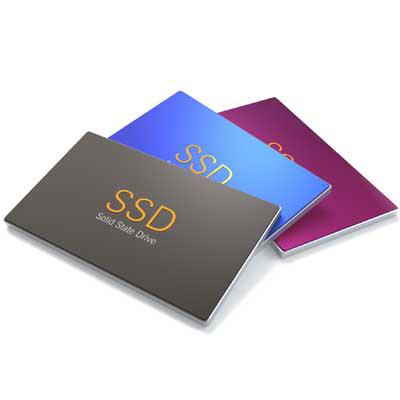
Choosing the Right SSD
Storage Week 2014 concluded in late April with a look at five of the latest solid-state drives from leading manufacturers, but test results are still coming in. For our initial look at those SATA 3.0 latest SSDs, performance was measured using a SATA-to-USB 3.0 adapter with the promise of SATA-bus benchmarks to follow. And here they are, the same drives tested without the overhead of interface conversion. See results starting with the next slide.
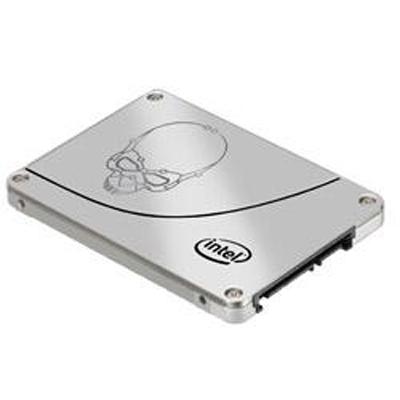
Intel 730 Series
Intel in February unveiled the 730 Series of SSD drives for the data center, which the company says combine high endurance with super-fast performance. While we couldn't test the former, the drives when tested solo got within striking distance of their rated performance of 550 MBps for sequential reads and 270 MBps for writes. In actual tests, a 240-GB test unit delivered 463 MBps for sequential reads and 236 MBps for writes. Even better was a rate of 474 MBps for random reads. 730-Series drives are available in the 2.5-inch form factor in capacities of 240 GB and 480 GB.

Kingston E50
Kingston Technology last summer introduced the E-series line of data-center SSDs with speed, endurance and AES128 encryption. Rated at 550 MBps for sequential reads and 530 MBps for writes, the drives got closer in read testing than in write. Peak throughput for sequential reads was 435 MBps and for random reads was 385 MBps. The 50E delivered 223 MBps for sequential writes and 211 MBps for random writes. E-series drives are available in 100-, 240- and 480-GB capacities.
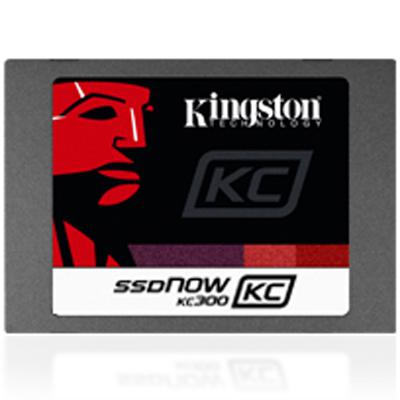
Kingston KC300
Kingston also sent a drive from its KC Series of low-power SSDs. Rated at 525 MBps for reads and 500 for writes, the tested unit peaked at 309 MBps for random reads and 300 MBps for sequentials. Its write rate was 210 MBps for random and sequential. KC-series drives come in capacities ranging from 60 GB through 480 GB.
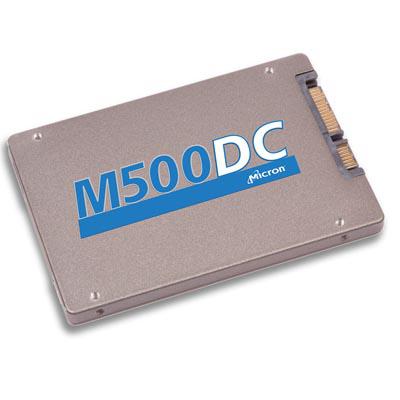
Micron M500DC
The Micron M500DC is an endurance-optimized SSD for the data center that the company says can deliver one to three fills every day for five years. Available in 120-, 240-, 480- and 800-GB capacities and 2.5- and 1.8-inch form factors, it's rated to deliver up to 425 MBps for read and 375 MBps for writes, depending on size and capacity. The 2.5-inch 480-GB tested unit peaked at 379 MBps for random reads (361 for sequential) and 293 for sequential writes (2-3 for random). Micron introduced the M500DC just last month.
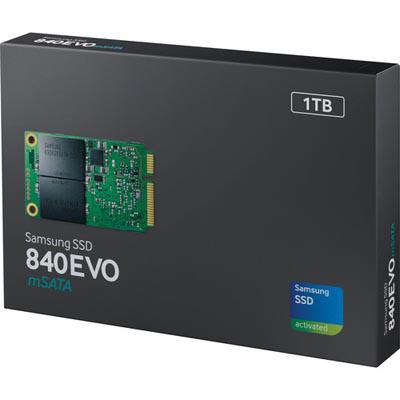
Samsung 840EVO
Of the drives tested here, the Samsung 840EVO came closest to its rated speeds of 540 MBps for sequential reads 520 MBps for writes (for most models). The tested drive delivered a peak read rate of 506 MBps (for random reads) and 486 for sequentials. For writes it turned in 490 MBps for sequentials and 330 MBps for randoms. The 840EVO comes in 120-, 250-, 500-GB models, as well as the latest 750-GB and a full 1-TB unit and includes data migration software.
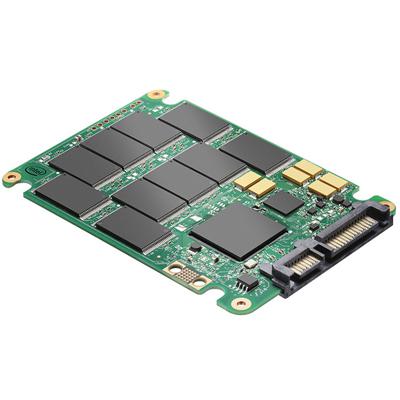
Methodology
To test the SSDs on the SATA bus, drives were connected one-at-a-time to the SATA 3 connector of the CRN Test Center's standard test fixture, which is an Intel Extreme motherboard with an Intel Core i7 quad-core processor running Windows 7 Pro on 8 GB of RAM. The system was shut down after each test and the next drive was connected with the power off. Throughput was measured with Iometer using 32-KB blocks and a transaction queue size of 24. Be sure to check out all of the CRN Test Center's Storage Week 2014 coverage and all reviews at CRN.com/reviews.